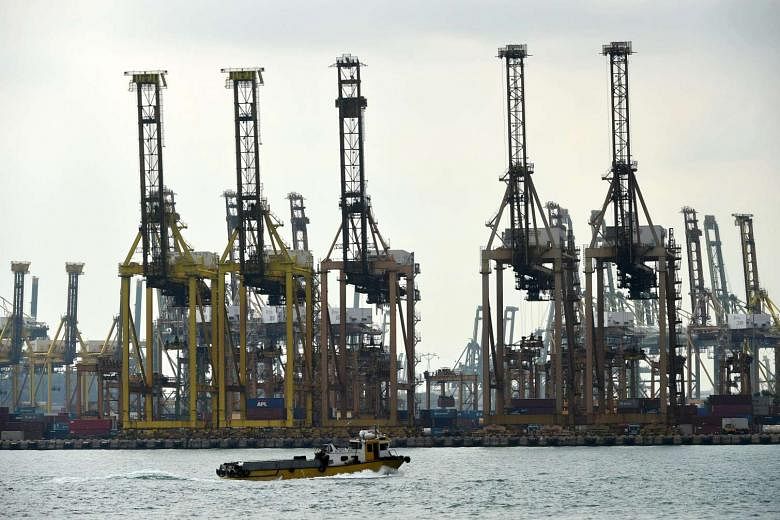The region and Singapore are closely watching for signs of major shifts in United States trade policy under Mr Donald Trump's administration.
Mr Trump's protectionist stance is once again in the spotlight, as carmaker Ford Motor on Tuesday scrapped plans to build a US$1.6 billion (S$2.3 billion) factory in Mexico - a move announced after the President-elect criticised General Motors on Twitter for importing cars from Mexico for sale in the US.
Commentators and economists saw Mr Trump's criticisms of US carmakers as the latest signal that his administration is poised to implement the aggressive policies he advocated while campaigning.
Mr Trump has chosen Mr Robert Lighthizer - a former trade official in the Reagan administration and long-time sceptic of free trade - as his US trade representative.
The incoming Republican President has also vowed to pull the US out of the Trans-Pacific Partnership, a free-trade pact signed by 12 countries - including Singapore - that together account for 40 per cent of world trade.
Economists have warned that Trump-driven trade chaos could weigh on export-dependent Asia.
"The fact that the world's largest economy is becoming increasingly inward-looking is not good for the global economy," said DBS Bank economist Irvin Seah.
This could impact Asian economies in the short term, especially if more US companies pull back on foreign investment.
But "the US will have to realise that it is highly plugged into the global economy... Protectionism is never good for anyone", Mr Seah said.
Professor Andrew Delios, head of the Department of Strategy and Policy at the National University of Singapore Business School, said Ford's move to call off building its Mexico factory was likely a one- off decision and does not necessarily hint at more trade trouble ahead for Asia.
Such moves "take a tremendous amount of personal and political capital" on the part of those involved and "will occur on fronts where the political payoff is highest", he said.
While some have raised longer- term concerns that the US could pull back from trade and investment globally, "until we see actual changes in US policies and laws, it is still far too early to say", added Prof Delios.
Still, Mr Seah said these developments hold a deeper message for Singapore - they provide a glimpse of what it means to be over-reliant on multinational companies for growth and investment.
"Singapore needs to build up its domestic capabilities while staying open to foreign investment. This means building up a stronger core of local enterprises," he said.
"Local enterprises should be a growth engine to complement foreign companies."
This will make for more sustainable long-term growth, he added.


